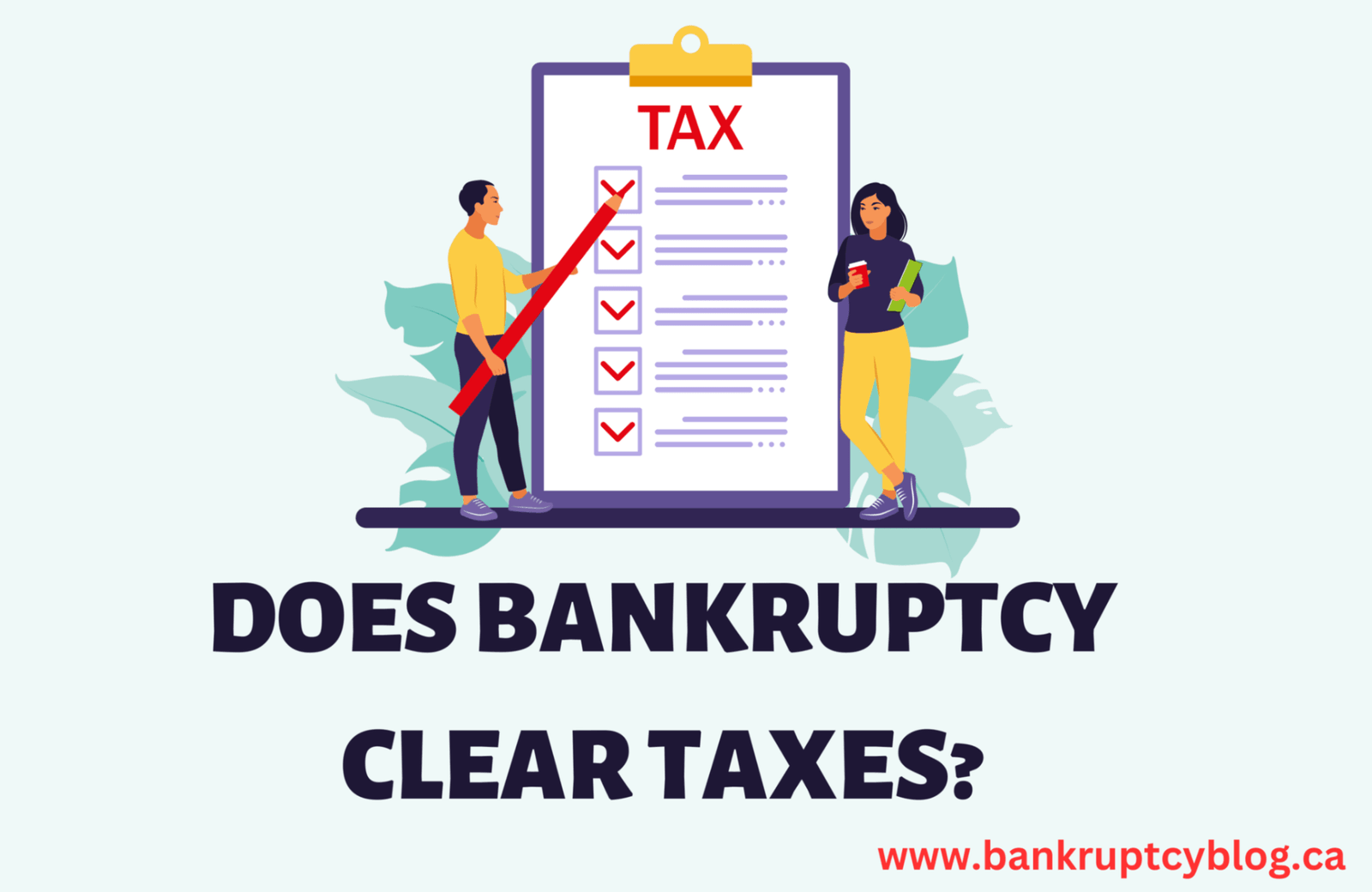
The Bankruptcy Appellate Panel
The complexities of bankruptcy law can be a daunting task. For many, the process doesn’t end with the initial court ruling. The possibility of an appeal introduces another layer of complexity. A key player in the appellate process for bankruptcy cases in the United States is the Bankruptcy Appellate Panel (BAP). This blog aims to demystify the BAP, exploring its role, structure, functions, and significance in the bankruptcy process.
What is a Bankruptcy Appellate Panel (BAP)?
A Bankruptcy Appellate Panel is a specialized set of judges that hears appeals from decisions made by bankruptcy courts. Unlike traditional appellate courts, BAPs consist of bankruptcy judges who bring a wealth of specialized knowledge and experience to the table. Their role is to ensure that bankruptcy rulings are fair and consistent with the law.
BAPs are an integral part of the U.S. bankruptcy system, operating within the federal judiciary. They provide a streamlined appellate process, often leading to quicker resolutions compared to other appellate mechanisms. The existence of BAPs highlights the importance of specialized knowledge in the adjudication of complex bankruptcy issues.
The Structure and Jurisdiction of BAPs
BAPs were established under the Bankruptcy Reform Act of 1978. They exist in certain federal circuits, specifically where the circuit judicial councils have chosen to authorize their creation. As of now, BAPs operate in the First, Sixth, Eighth, Ninth, and Tenth Circuits. Each BAP serves the district bankruptcy courts within its respective circuit.
Composition of the BAP
A typical BAP is composed of bankruptcy judges from the districts within the circuit it serves. These judges are appointed to the panel by the circuit judicial council. Importantly, judges do not hear appeals from their own districts to maintain impartiality and prevent conflicts of interest.
Jurisdiction
BAPs have appellate jurisdiction over final and certain interlocutory orders from bankruptcy courts. This includes appeals related to:
- Confirmation of bankruptcy plans.
- Orders approving the sale of property.
- Orders providing respite from the involuntary stay.
- Denials of discharge.
Parties in a bankruptcy case have the option to appeal directly to the BAP or to the district court. If an appeal is filed to the district court, the BAP cannot take jurisdiction over the case. This dual-path system allows appellants some flexibility in choosing their appellate forum.
The Appeal Process
The process of appealing to a BAP is structured to ensure that both parties have the opportunity to present their arguments comprehensively.
Filing an Appeal
The first stage in the procedure for appealing is to file a notice of appeal. This must be done within 14 days of the entry of the bankruptcy court's order or judgment. The notice of appeal is filed with the bankruptcy court, which then transmits the record to the BAP.
Briefing
After the notice of appeal is filed, the appellant (the party appealing the decision) must submit a brief outlining the arguments and legal basis for the appeal. The appellee (the party opposing the appeal) then has the opportunity to respond with their own brief. In some cases, the appellant may file a reply brief to address points raised by the appellee.
Oral Argument
While not always required, oral arguments can be a crucial part of the appeal process. During oral arguments, each side has the opportunity to present their case to the panel of judges and answer questions posed by the judges. This interactive element allows the judges to probe the arguments and better understand the nuances of the case.
Decision
After considering the briefs and any oral arguments, the BAP issues a written opinion. This opinion includes the panel’s decision and the reasoning behind it. The BAP can affirm, reverse, modify, or remand the case back to the bankruptcy court for further proceedings.
Benefits of the Bankruptcy Appellate Panel
BAPs offer several distinct advantages in the appellate process for bankruptcy cases.
Expertise
One of the primary benefits of the BAP system is the expertise of its judges. Bankruptcy law is highly specialized, and BAP judges, being experienced bankruptcy judges themselves, bring a deep understanding of the intricacies involved. This expertise can lead to more informed and precise rulings.
Efficiency
BAPs often provide a more efficient appellate process compared to district courts. Because BAP judges focus exclusively on bankruptcy appeals, they can process cases more quickly. This efficiency is crucial in bankruptcy matters, where delays can have significant financial implications for the parties involved.
Consistency
Having a panel of specialized judges helps promote consistency in bankruptcy rulings. This is important for maintaining fairness and predictability in the bankruptcy system. Consistent rulings ensure that similar cases are treated similarly, which is a cornerstone of a just legal system.
Challenges and Criticisms
Despite their benefits, BAPs are not without challenges and criticisms.
Limited Jurisdiction
One of the primary criticisms of BAPs is their limited jurisdiction. They only operate in five of the thirteen federal circuits, meaning many bankruptcy appeals must go through district courts. This can lead to inconsistencies in bankruptcy appellate rulings across different circuits.
Optional Pathway
The optional nature of the BAP system can also be seen as a drawback. Because parties can choose to appeal to either the BAP or the district court, there can be strategic considerations that influence the choice of forum. This flexibility, while beneficial in some respects, can lead to forum shopping and potentially inconsistent outcomes.
Perception of Bias
Although measures are in place to prevent conflicts of interest, there can be a perception of bias when judges from within the bankruptcy system review the decisions of their peers. This perception can affect the confidence parties have in the impartiality of the appellate process.
Notable Cases and Impact
To understand the impact of BAPs, it is helpful to consider some notable cases that have passed through this appellate mechanism.
In re Professional Financial Services, Inc.
In this case, the Ninth Circuit BAP reviewed the bankruptcy court’s decision regarding the classification of certain claims. The BAP's decision provided significant clarification on how similar claims should be handled in future cases, highlighting the role of BAPs in shaping bankruptcy jurisprudence.
In re Zilog, Inc.
Another significant case is In re Zilog, Inc., where the Ninth Circuit BAP addressed the issue of plan confirmation and the treatment of certain creditor claims. The BAP's ruling in this case has been cited in numerous subsequent cases, illustrating the influential role of BAP decisions in the broader bankruptcy legal landscape.
Conclusion
The Bankruptcy Appellate Panel system is a crucial component of the U.S. bankruptcy process. Its specialized nature, efficiency, and focus on consistency make it a valuable forum for bankruptcy appeals. While there are challenges and areas for improvement, the BAPs play a vital role in ensuring that bankruptcy rulings are fair and legally sound.
FAQs:
Q1: What is a Bankruptcy Appellate Panel (BAP)?
A Bankruptcy Appellate Panel is a group of bankruptcy judges that hears appeals from decisions made by bankruptcy courts. These panels are designed to provide specialized and efficient appellate review in bankruptcy cases.
Q2: In which federal circuits do BAPs operate?
As of now, BAPs operate in the First, Sixth, Eighth, Ninth, and Tenth Circuits.
Q3: What types of decisions can be appealed to a BAP?
BAPs have jurisdiction over final orders, judgments, and certain interlocutory orders issued by bankruptcy courts. This includes orders related to the confirmation of bankruptcy plans, relief from automatic stay, sale of property, and denials of discharge.
Q4: Can you choose to appeal to a district court instead of a BAP?
Yes, parties have the option to appeal to either the BAP or the district court. If an appeal is filed to the district court, the BAP does not have jurisdiction over the case.
Q5: How do you file an appeal with the BAP?
To appeal to the BAP, you must file a notice of appeal with the bankruptcy court that issued the original order or judgment. This must be done within 14 days of the entry of the order or judgment.
Q6: Are there notable cases decided by BAPs that have shaped bankruptcy law?
Yes, several notable cases, such as In re Professional Financial Services, Inc. and In re Zilog, Inc., have had significant impacts on bankruptcy jurisprudence.
Q7: What happens after you file a notice of appeal?
Once the notice of appeal is filed, the bankruptcy court transmits the record to the BAP. The appellant must then submit a brief outlining their arguments, to which the appellee can respond with their own brief. The BAP may schedule oral arguments before making a decision.
Q8: Are oral arguments required in BAP appeals?
Oral arguments are not always required, but they can be scheduled if the panel believes it will help clarify the issues in the case.
Q9: What types of decisions can the BAP make?
The BAP can affirm, reverse, modify, or remand the case back to the bankruptcy court for further proceedings.
Q10: Do you need an attorney to appeal to the BAP?
While it is possible to represent yourself, bankruptcy appeals can be complex, and having an attorney with expertise in bankruptcy law is highly recommended.
Q11: What are the advantages of appealing to a BAP?
BAPs offer specialized expertise in bankruptcy law, often leading to more informed and consistent rulings. They also typically provide a more efficient appellate process compared to district courts.
Q12: Are there any disadvantages to appealing to a BAP?
One potential disadvantage is the limited geographic jurisdiction of BAPs, as they only operate in certain circuits. Additionally, the optional nature of the BAP system can lead to forum shopping and potential inconsistencies.
Q13: How do you find out if your circuit has a BAP?
To find out if your circuit has a BAP, visit the United States Courts' official website or contact the bankruptcy court where your case was heard.
Q14: How are BAP judges selected?
BAP judges are bankruptcy judges appointed by the circuit judicial council. They are selected based on their expertise and experience in bankruptcy law.
Q15: Is there a fee for filing an appeal with the BAP?
Yes, there is a filing fee for appeals, which is set by the federal court system. The exact amount can be confirmed with the bankruptcy court or the BAP to which you are appealing.
You can also check the information regarding The Bankruptcy and Insolvency Act in British Columbia



